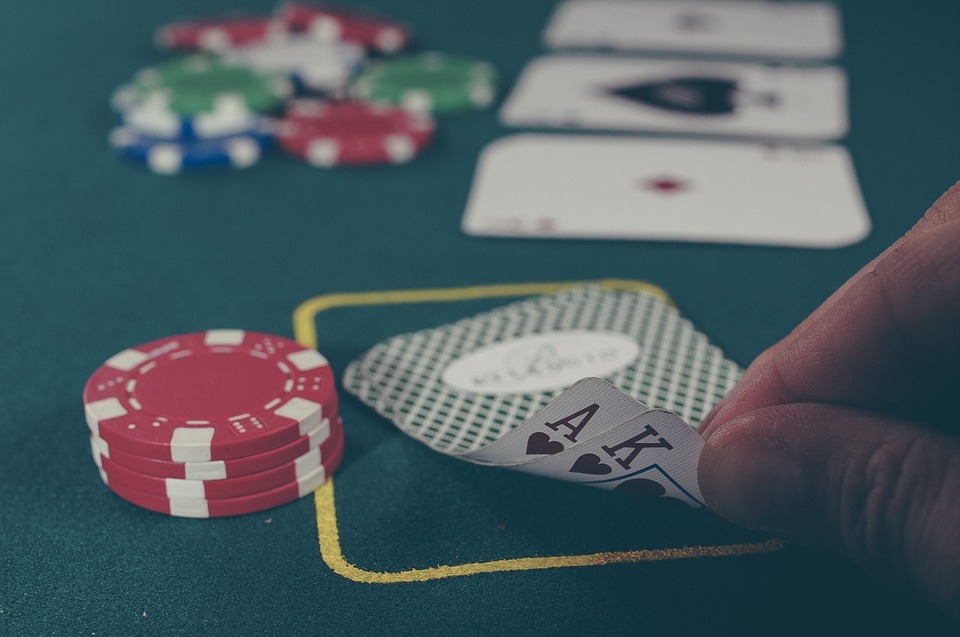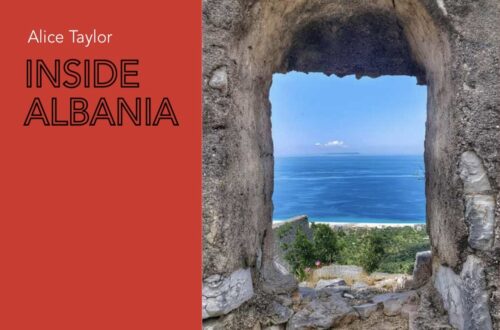If you walk down any street in Tirana, or any other city in Albania for that matter, you will find multiple betting shops and cafes, sometimes as many as four or five, lining your way. With windows blacked out by garish decals and stickers, the flickering of tens of TV screens can barely be made out, but the constant traffic of mainly male patrons makes it clear that these are no ordinary coffee shops.
In a country of just 2.8 million people, there are a staggering 4,300 betting shops, equating to an extremely high ratio of one
Links were also found between those that gamble and those that inflict domestic violence on their partners. In a country where one in two Albanian women will be abused by a
So, on January 1st, 2019 every single gambling establishment in Albania will have to close its doors. Following the enactment of a new law, gambling both online and offline will become illegal and casinos will be restricted to five-star hotels in licensed tourist resorts.
Whilst on paper, this is welcome news, there are however a number of concerns that should be addressed.
Firstly, gambling addiction is a disease that requires proper treatment in order to manage it safely. By outlawing gambling on the street, those who are addicted to it will experience ‘cold turkey’. Whilst it is claimed that a number of rehabilitation centres will be set up to service those in need, the overnight removal of so many peoples ‘fix’, is expected to have a devastating effect on those afflicted. Will instances of domestic violence go up? Will we see a spike in suicides? Are there an adequate number of psychologists and counsellors on hand to assist these people in every town and city in the country? Where are these
Secondly, those that are desperate to gamble and those that are desperate to continue making money will find a way to do so. Gambling as we know it today will be driven underground because, if there is a demand for something, someone will always provide the service. Has the government set up a dedicated anti-gambling taskforce? Will this taskforce be immune to corruption and bribes? Or will it become like the drug trade- going on under everyone’s noses with very little in the way of enforcement?
Thirdly, in a country where the average salary is around EUR 300 a month, 1 in 7 live below the line of poverty (less than $1 a day), and unemployment hovers around 15%, the loss of 8000 betting parlour jobs is set to inflict misery on many. Whilst I believe that gambling should be made illegal, I cannot help but have sympathy for those that will lose their jobs because of the law. I don’t care about those that profit from others misery and misfortune, I care about the waiters, waitresses, cashiers, and cleaners that rely on that job to feed their families. Has the government taken any steps to help them find work or to provide them with any additional support? Will they receive redundancy pay or severance packages? Or will they just be discarded and forgotten, left to fend for themselves like so many others in this country?
Whilst I welcome the banning of gambling in Albania, I cannot help but think that this was a snap decision (taken in October, implemented just over two months later) that will lead to more suffering because of the lack of precautions, planning, and care for those that will be affected.
I hope that everyone who is affected will find the help that they need.
Follow The Balkanista!



